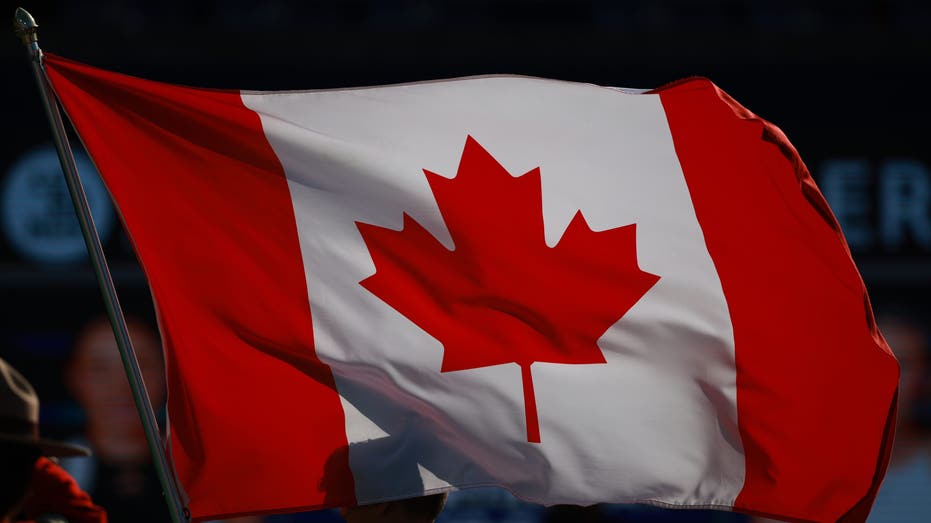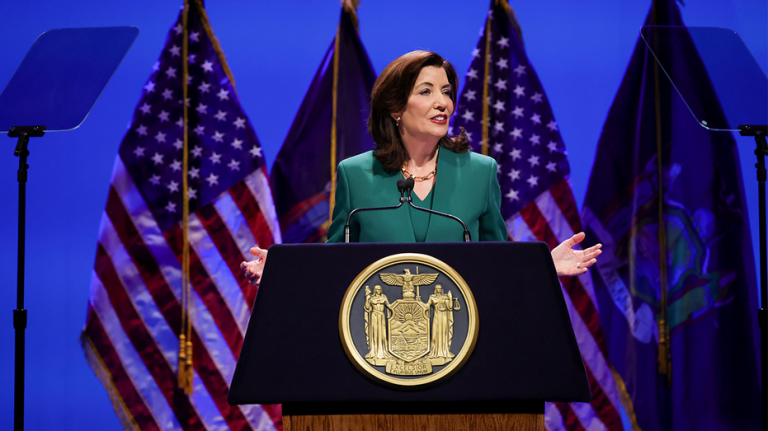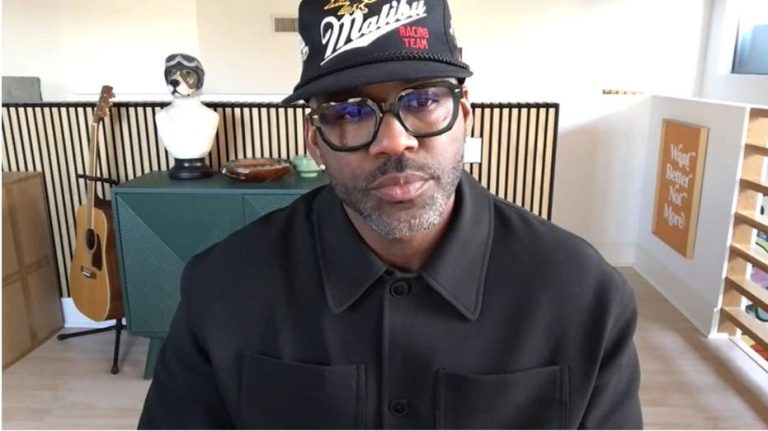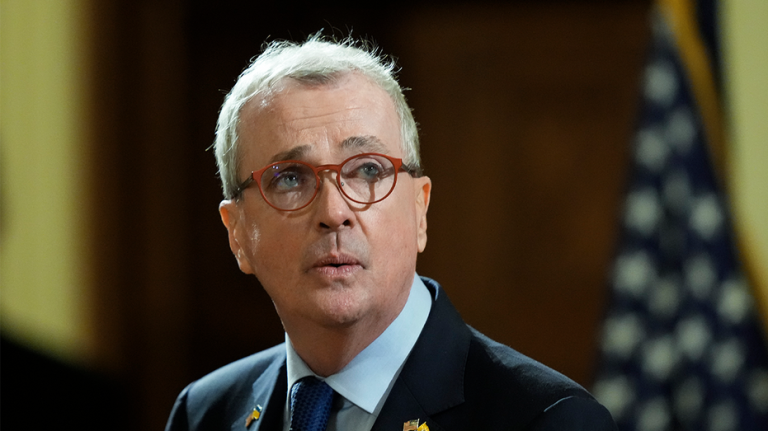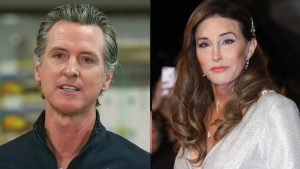Former Canadian politician Michael Ignatieff wrote a blistering autopsy of where the so-called “adults in the room” leading liberalism went disastrously wrong.
As left-wing politics face a string of defeats across the western world, ranging from Canadian PM Justin Trudeau announcing his impending resignation, to Vice President Kamala Harris’ defeat by President-elect Donald Trump, many party elites are asking where their movements lost the plot. Ignatieff was once a major figure in Canadian liberal politics, serving as the Liberal Party of Canada and opposition leader in his time, but has since headed an university affiliated with liberal megadonor George Soros. On Tuesday, he published a piece headlined, “I was born liberal. The ‘adults in the room’ still have a lot to learn” and argued, “to rebuild liberalism, we’ll need to recover what the word used to mean.”
The author noted how drastically Canada changed in his time in terms of diversity, and how that same diversity, “Once an ideology, it quickly became a coercive program of invigilation of speech and behavior in the name of dignity and respect” that was used against White working-class citizens.
“Credentialed White people of my generation welcomed the revolution because we could invite recruits of color into our ranks without ever feeling that our own elite status was being challenged. We didn’t seem to notice that nonelite White people were threatened, even betrayed, by the new multiracial order,” he said. “Faced with what we thought was White racism and sexism, when it was mostly fear, we began promulgating codes of speech and conduct to impose diversity as a new cultural norm.”
The former Canadian politician summarized that as a result, “A liberalism whose defining value should have been liberty invented a diversity and inclusion industry whose guiding principle may have been justice but whose means of enforcement included coercion, public disgrace and exclusion.”
The backslash of this, he said, was that liberals themselves began to be shackled by their ideology.
“Worst of all, we censored ourselves, willingly turning off our bulls— detectors and stilling the inner doubts that might have made us confront our mistakes,” he said. “We abandoned the truism that arguments are true or false, irrespective of the race or the origins of the person who makes them. We began promoting arguments as true based on the gender, race, class, origins or backstory (oppression, discrimination, history of family violence) of the person uttering them.”
But beyond a cultural backlash, Ignatieff argued that there began to be political consequences for abandoning large swaths of the population.
“In failing to pay heed to the fears of displacement that the liberal revolution created, we ended up creating a vital political opening for every strand of extreme opinion lining up to speak on behalf of everyone whom liberals had stopped listening to,” he said. “By the 2020s, most liberals were walking back, at first nervously, and then with increasing speed, from our own self-righteous politics of virtue. First, we made everyone else sick of our virtue-signaling, and then we became sick of it ourselves.”
TRUDEAU ON THE BRINK AS ALLY, FINANCE MINISTER ABRUPTLY QUITS OVER TRUMP TARIFF THREATS
“The old political parties — Liberal in Canada, Democratic in the United States, Social Democratic in Europe — that had presided over the liberal revolution now saw their White working-class base heading for the exits and their multicultural support splintering into autonomous groups that each began to make a strange new epistemological claim: You can understand me only if you are like me,” he added.
He recalled that many of these issues came home to roost when he was ousted from politics in 2011.
“On election night, our party suffered the worst defeat in our history, and I lost my seat in Parliament — a verdict that all these years later reads to me like a judgment on not only me but also a liberalism that had allowed itself to be captured by its own self-regard,” he said.
Defeat, he wrote in the lengthy editorial, has been a useful teacher.
“Defeat has taught me we can’t afford to jettison our values when the tides of politics turn against us. Liberalism’s incorrigible vitality comes from the fact that it tells us who we most deeply want to be, provided that we are willing to fight for it and never surrender to the passing fashions of despair,” he wrote.
